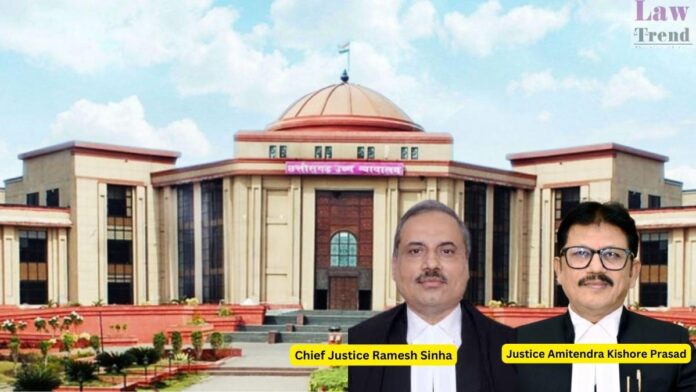The Chhattisgarh High Court overturned the death sentence awarded to Dipak Baghel, convicted of the rape and murder of a 7-year-old girl. While acknowledging the severity of the crime, the court concluded that it did not meet the stringent “rarest of rare” standard required for imposing the death penalty, as laid down in the jurisprudence
To Read More Please Subscribe to VIP Membership for Unlimited Access to All the Articles, Download Available Copies of Judgments/Order, Acess to Central/State Bare Acts, Advertisement Free Content, Access to More than 4000 Legal Drafts( Readymade Editable Formats of Suits, Petitions, Writs, Legal Notices, Divorce Petitions, 138 Notices, Bail Applications etc.) in Hindi and English.




